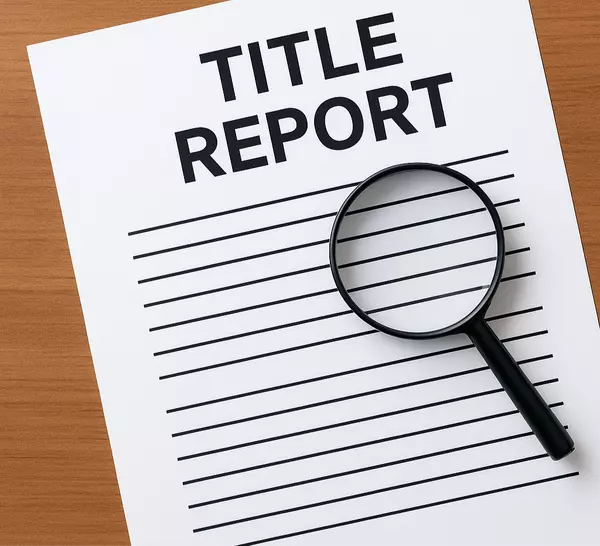Navigating Real Estate in a Divorce: What You Need to Know

A Compassionate, Informative Guide to Selling or Dividing Property During a Split Divorce is never easy. Beyond the emotional weight, there are often difficult financial decisions to make — and one of the most complex involves what to do with shared real estate. Whether it’s a family home filled wit
Read MoreWhat’s in a Title Report? A Beginner’s Guide to Understanding Title Searches

When buying or selling a home, there's more to consider than just curb appeal or closing costs. One of the most critical—but often overlooked—parts of a real estate transaction is the title report. Whether you're a first-time buyer or an experienced seller, understanding what’s in a title report can
Read MoreInterest Rate Projections for 2025: A Strategic Outlook

As of April 2025, the Federal Reserve (Fed) has adopted a cautious approach to monetary policy, balancing the need to support economic growth with the imperative to maintain price stability. Here's an overview of the Fed's current stance and projections: Current Federal Funds Rate The Federal Open M
Read More
Categories
Recent Posts










